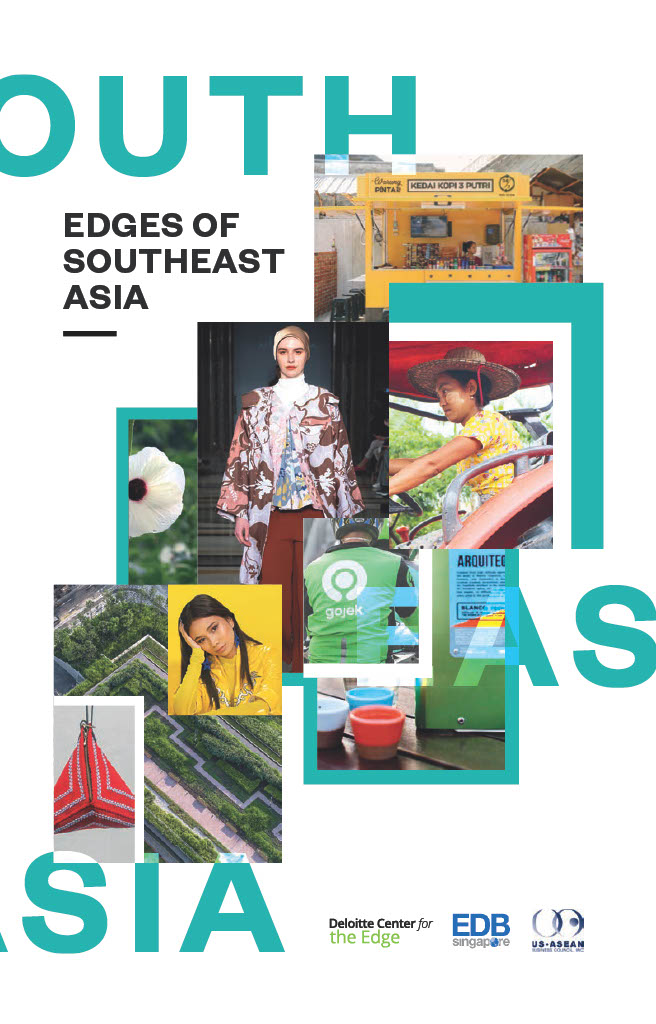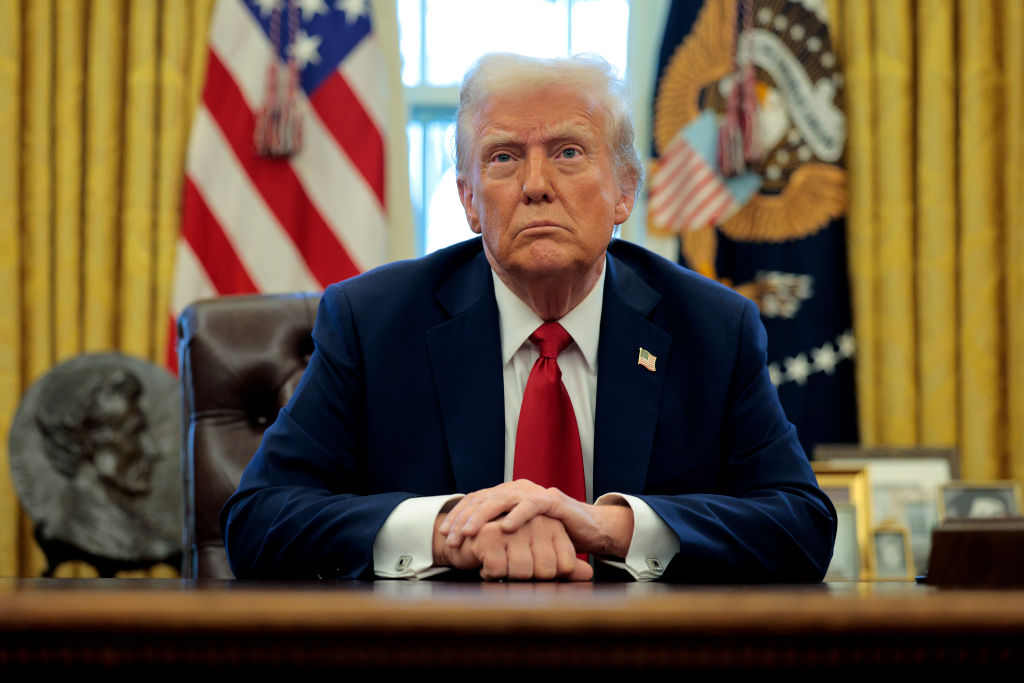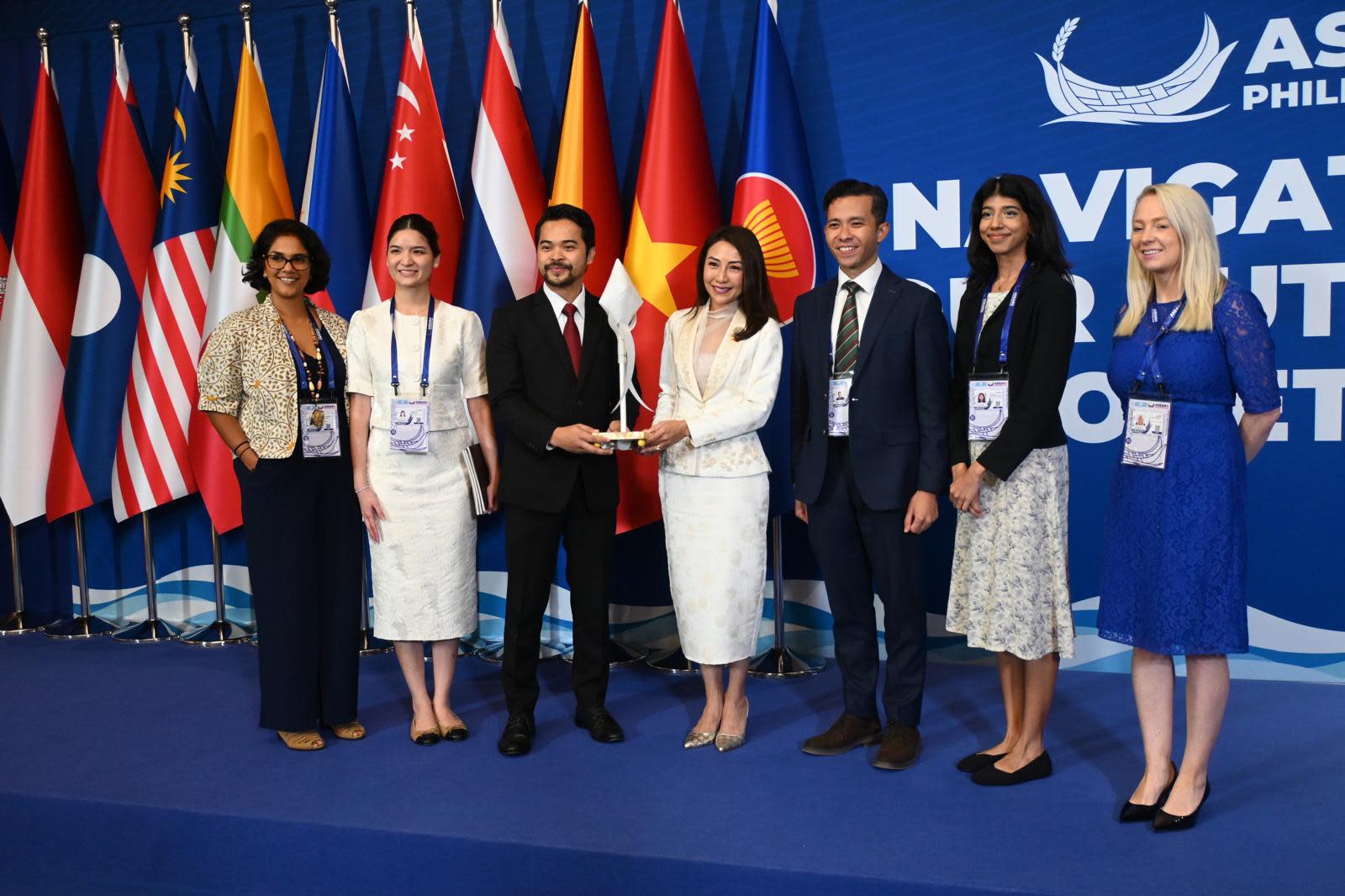Indonesia's 2024 Election

Prabowo Surpasses Ganjar in Recent Presidential Election Surveys
Nine of eleven presidential election surveys conducted in June reported that Defense Minister Prabowo Subianto surpassed Central Java Governor Ganjar Pranowo on the chart. A simulation involving ten potential candidates reveals that Prabowo and Ganjar lead the polls with 32.8% and 27.1% votes, respectively. Support for former Jakarta Governor Anies Baswedan, on the other hand, has declined with only 16.5% votes.
West Java Governor Ridwan Kamil, State-Owned Enterprise Minister Erick Thohir and Coordinating Minister of Political and Legal Affairs Mahfud MD are tied at 4.6%, 4.3% and 4.1%. The remaining three are Tourism and Creative Economy Minister Sandiaga Uno, Coordinating Minister of Economic Affairs Airlangga Hartarto and Deputy Speaker of the Parliament Muhaimin Iskandar. Experts assert that Thohir will continue to gain an upward trend, even Probowo may approach him as a running mate. Meanwhile, support for Ridwan and Sandiaga weakens.
Prabowo now surpasses Ganjar in electability amongst Nahdlatul Ulama (NU) voters – a significant variable in the elections. Other than identity politics, research proves that religious organizations is a significant coefficient in Indonesian elections and NU holds the highest electoral leverage as the world’s largest Islamic organization. This prediction aligns with how former NU leader, Ma’ruf Amin, determined Jokowi’s 2019 victory. Top candidates with strong NU affiliations include Erick Thohir, Mahfud Md as well as East Java Governor Khofifah Indar Parawansa and Muhaimin Iskandar of the PKB party.
Another notable variable is the correlation between Jokowi’s all-time high approval rating and the candidate he backs. Recent surveys are consistent with his informal endorsement that shifted from Ganjar to Prabowo, although it was not confirmed by PDIP party. Moreover, more than 50% of the total electorate in 2024 will consist of Gen and Millennials, who were credited as the deciding demographic in the outcome of the past two elections. The Home Affairs Ministry reported that are approximately 204 million voters enrolled in Indonesia’s 2024 election, 35% higher than the US voters in 2020.
The Road to Indonesia’s 2024 General Election
The new General Election Commission (KPU) Regulation No. 3 of 2022 stipulates that the official nomination of presidential and vice president candidates is scheduled on October 19 until November 25, 2023. The candidates will then enter the presidential campaign period of 75 days from November 13, 2023, to February 10, 2024. Both the choice of vice president and the visions that candidates will present may also influence swing voters' who comprise of more than 30% of all voters in 2019.
Finally, on February 14, 2024, the entire country will simultaneously vote for the presidential and vice-presidential candidates, while the members of the national, regional, provincial and district/city representatives will be voted on the same day. According to the Law, the voting result will be announced within 35 days after the election date, or by 20 March 2024. The oath for the elected representatives takes place on October 1, 2024, and Indonesia will inaugurate the new President and Vice President on 20 October 2024. The new cabinet will be formed within 14 business days after the inauguration.
The 2008 Presidential Election Law was designed on the presumption that there could be more than two pairs of presidential candidates competing in a given election. For the 2024 election, the KPU has prepared a scheme for the second round of elections. If, after the first round, the presidential and vice presidential candidates have not met the criterion of 50%+1 of total popular votes - meaning, the winning candidate must gain at least 20% of the votes in over half of Indonesia's provinces - KPU will organize the reelection of two pairs of candidates with the most popular votes June 26, 2024.
Indonesia's Long-Term Commitments Go Beyond the Election
With six months remaining until the election, a lot of changes are expected. In October, President and Vice President pairs will start to be nominated so as of now the courtship season is ongoing. Nevertheless, the Council noted the three candidates ensured that Indonesia’s commitment to the national development, climate change goals, digitalization plans, the new capital city development as well as the U.S.-Indonesia relations will all remain.







